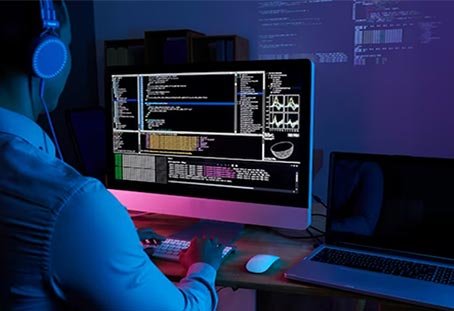
Navigating the World of Engineering: A Guide to Diploma Courses
Start with a captivating introduction that briefly outlines the significance of engineering in today's world. Mention the diverse fields within engineering and how a Diploma in Engineering serves as a stepping stone into this exciting realm.
Well, A Diploma in Computer Engineering is an educational program designed to provide students with a comprehensive understanding of computer systems, software development, and hardware components. This diploma course typically spans a duration of three years, but the duration can vary depending on the educational institution and country. However, those candidates who have done ITI/ 12th with Physics, Chemistry, and Mathematics can be able to complete this course in 2-Year.









